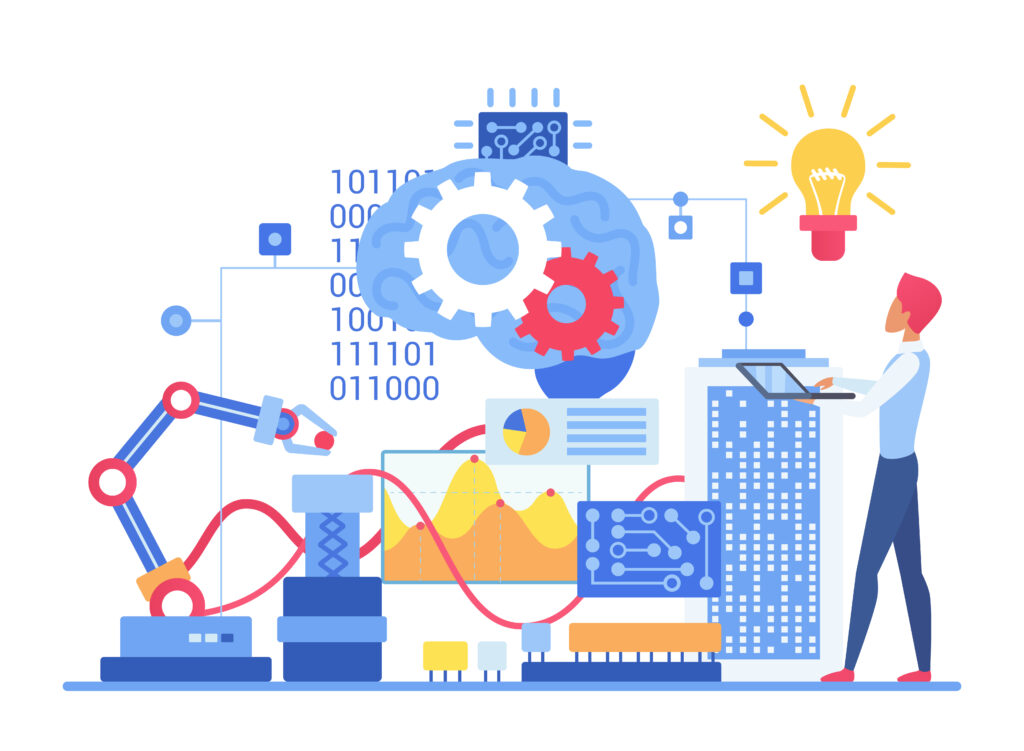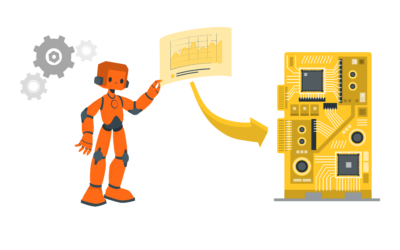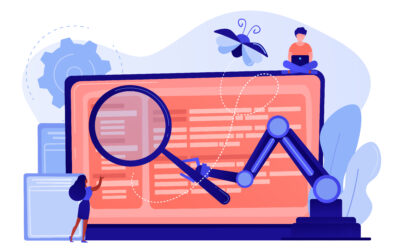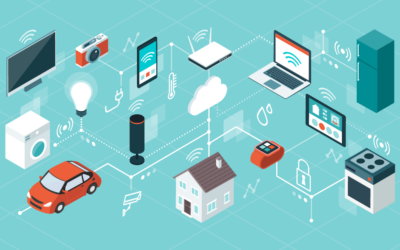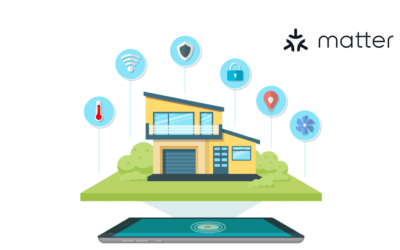Enterprises without in-house IoT expertise usually opt for a strategic partnership with an established IoT development company with expertise readily available.
Learning and understanding essential IoT skills is critical to starting or scaling existing infrastructures.
Designing and developing IoT systems requires a combination of technical and nontechnical IoT skills as well as knowledge about IoT architecture, hardware design, software development, programming languages, connectivity protocols, security, and more.
IoT consultants work with clients in planning resources focusing on each individual IoT systems’ security, scalability, and efficiency.
Custom Hardware Design and Development
IoT skills for hardware design also include signal processing, circuit theory, and board-level design for manufacturing and testing. IoT developers specifically design for manufacturing and testing.
Firmware/Software Development
Sensors and Actuators
Designing IoT hardware requires knowledge about the characteristics and types of sensors and actuators as well as specific use cases.
IoT development skills with sensors and actuators are essentially about integration techniques to design the interface and control circuits ensuring integration with multiple devices.
IoT developers must understand sensing principles (resistive, capacitive, optical, and inductive sensing) and sensor specifications (accuracy, sensitivity, operating range, resolution, and response time) to choose the appropriate sensor, create sensor networks, and design the signal conditioning and amplification circuits.
Also, knowledge about calibration and testing is needed to ensure accuracy, reliability, and power management techniques for creating designs and functionality that work efficiently with the available power.
Network Engineering and Connectivity Protocols
Network architecture expertise is needed to design the structure of the physical and logical components of a device’s communication. IoT developers with network skills can also enable integration of devices from different manufacturers.
IoT developers leverage the advantages and limitations of network connectivity protocols to connect devices and gateways with cloud services and transmit data using wireless communication technologies such as Bluetooth, Wi-Fi, Zigbee, cellular, or satellite.
IoT skills in messaging protocols (MQTT, HTTPS, CoAP) are critical, as these establish the rules on how devices communicate and transmit data over the network.
IoT Security
IoT developers use safe coding practices that resist vulnerabilities (buffer overflow and injection attacks). They are familiar with SSL/TLS protocols and encryption algorithms in order to conduct vulnerability testing, respond to incidents, and create mitigation strategies (risk management).
Cloud Computing
IoT developers with cloud computing skills understand and leverage the processing power to handle real-time data processing, data analytics, and machine learning models.
IoT Data
The main data skills required for developing IoT systems are data modeling, database design, schema development, storage technologies (SQL and NoSQL databases), data processing techniques (stream and batch), data visualization and tools, statistical analysis, data mining techniques, and data security.
IoT developers’ skills help to optimize data transmission using data compression and to minimize packet overheads to ensure efficient network usage. In addition, data analysis and visualization help to provide understanding of system performance and optimize data transmission.
Machine Learning/AI
IoT developers learn about the machine learning use case and support from data science, data analysts, and AI engineers and become familiarized with all the data aspects required to build the ML solution.
Machine learning creates prediction services that benefit core IoT systems and must be designed to work with large amounts of data and a specialized data skill set. Data collection, preparation, and exploration methods are performed to build an understanding of the data relationships and attributes for creating a prediction model (ML models).
ML skills are about choosing algorithms, engineering features, training machine learning models, tuning (hyperparameters), monitoring and evaluating the model performance, and supplying many other techniques to support IoT developers with MLOps teams.
Key Takeaway
Enterprises without in-house IoT expertise may partner with established IoT development companies to access specialized IoT skills quickly. Investing in planning resources focused on security, scalability, and efficiency is critical to designing and developing successful IoT systems.
With the increasing demand for IoT devices and solutions, acquiring and maintaining essential IoT skills is crucial for businesses to stay competitive.

